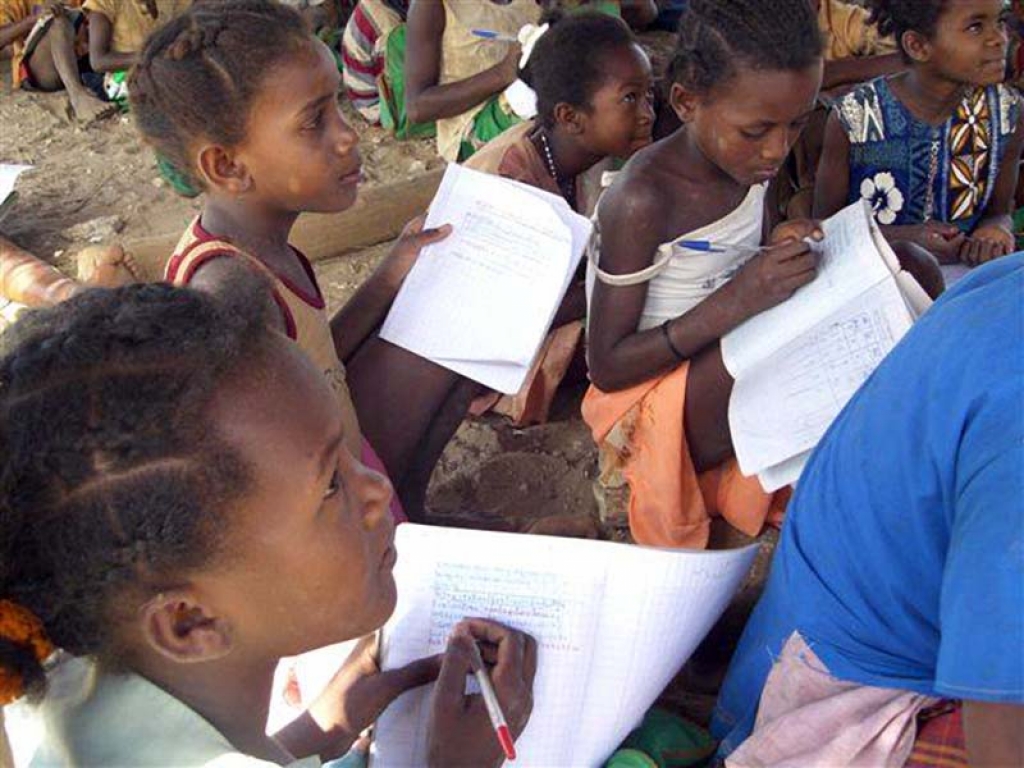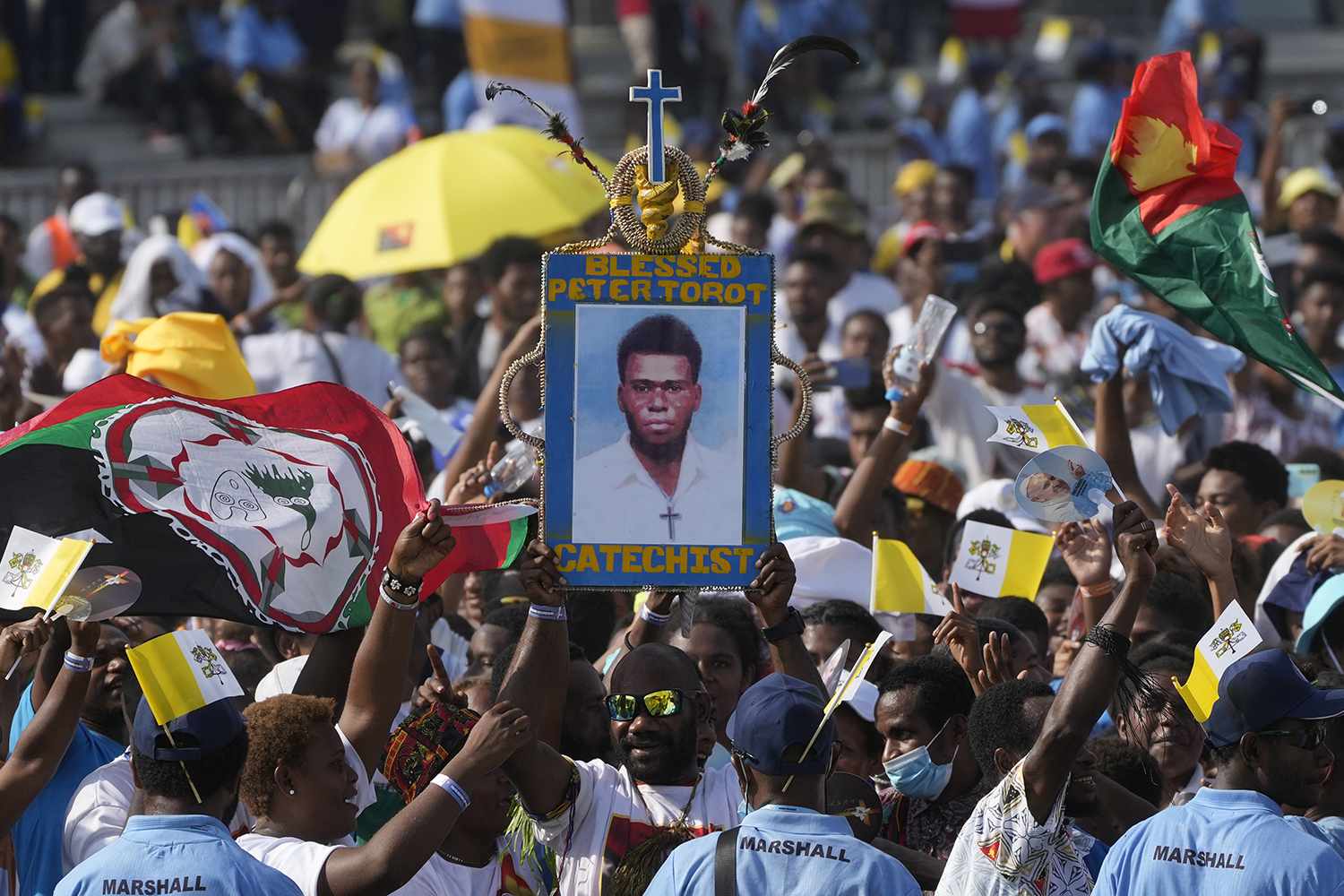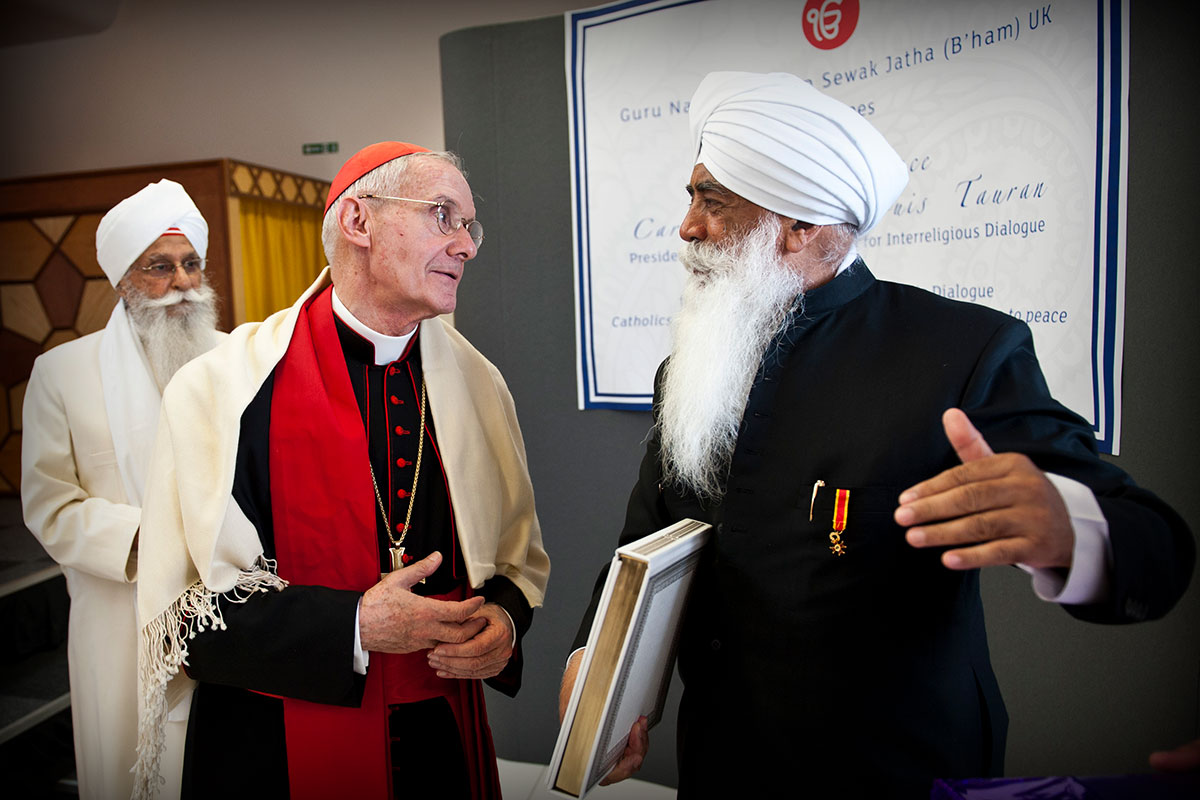Salesians of Don Bosco are a daily reference
Joaquim Magalhães de Castro
Located in the southwest of Madagascar, the city of Ankililoaka, in the Archdiocese of Toliara, faces numerous “social emergencies” on a daily basis – this is how local diocesan entities call all types of socio-economic problems. Fortunately, for more than forty years, this city has had a cohesive group of Salesian missionaries who actively promote education, evangelization, development and professional training with a view, above all, to supporting “adolescents and young people in vulnerable situations”.
It should be remembered that the average age of 60% of the Malagasy population is 20 years old. Consequently, it is the objective of the selfless clerics to offer each of these young people prospects for the future in a structured and solid framework, through educational programs that respond to the skills and needs of Malagasy society, while, at the same time, encouraging them to reflect and seek their own autonomy. The so-called ‘oratory’ – a point of reference for the youngest in the region since the arrival of the Salesians in 1981; currently attended by 800 young people under the supervision of 35 animators – it is an “open but protected place” where “older and younger” learn the true meaning of friendship, respect, solidarity and responsibility.
As Dom Rosário Vella – current Bishop of Moramanga, a recently founded diocese, but who between 1982 and 1995 served as parish priest in Ankililoaka – says, this is “a space where they can grow, have fun and pray”. In Madagascar, one of the poorest countries in the world, 75% of the population lives in slums and it is common to come across entire families of destitute people crowded together on the streets of the city’s suburbs, improvising shelters made of cardboard or plastic; others, ‘more fortunate’, live in simple wooden huts susceptible to fires, especially in the dry season.
There are many groups of minors on the streets who try to survive by doing odd jobs or stealing food. For all of them, only the Salesians of Don Bosco are a daily reference, as they defend their rights and give them opportunities to improve their lives. And it is this observation that encourages religious people to want to continue offering the best possible support to young people, just as their founder would have done.
Located on the central plateau of the island, close to Ivato International Airport, about 15 kilometers from the capital Tananarive, the Notre Dame de Clairvaux center of the Salesian Missionaries (SDB) has a boarding school that currently welcomes 150 students, aged 14 to 18. It offers them health services and school education up to the first cycle, then transferring them to the vocational training center created for this purpose.
Father Erminio De Santis, resident in Madagascar since 1983, recalls the beginning of his work in that country after arriving in Clairvaux at the invitation of his compatriot Father François Bernard, founder of the center. “It was on August 2, 1984, and since then, we, the Salesians, have gradually transformed the center, maintaining the original spirit of Father Bernard’s work: welcoming street children free of charge, in serious economic and family difficulties, to give them back life and hope for a better future.”
Daily care for these children and the certainty of being able to guarantee them the approximately 1,100 meals distributed free of charge continues to be their biggest problem. Boarding school students need everything: food, clothing, doctors and medicines, extracurricular educational activities, educators, etc. And this, in a context of serious inflation in Madagascar, whose economy is one of the most fragile on the planet and where 50% of the population lives below the poverty line.
“The increase in the cost of living is impressive,” notes the missionary, “especially after the Covid-19 pandemic and the start of the Russian-Ukrainian conflict”. No less important is the attention that Salesian missionaries dedicate to the spiritual growth of young people. The results are encouraging, as Malagasy people are, by nature, extremely religious.
Recently, for five days, journalists from Rádio Dom Bosco participated in a training course in basic photography and video techniques through the practice of ‘MoJo’ (mobile journalism). This journalistic modality, which uses the cell phone, is a significant commitment by the Salesians of Don Bosco in the field of communication. Mobile journalism has gained popularity due to its low production costs and its ability to provide up-to-date information through social media and online platforms. This technique allows journalists to react quickly and flexibly to events, working directly from where the event takes place.
Participants in this training course, facilitated among others by Father Maciej Makuła, SDB, learned to use various co-operation programs computer for producing short videos, as well as taking photographs and recording images from different perspectives. In line with this theme, the Salesians of Don Bosco are now preparing the 2024 Communication Conference, entitled “Shaping tomorrow”, which will take place from the 1st to the 7th of August next, at the Salesian Pontifical University (UPS), in Rome.


 Follow
Follow


